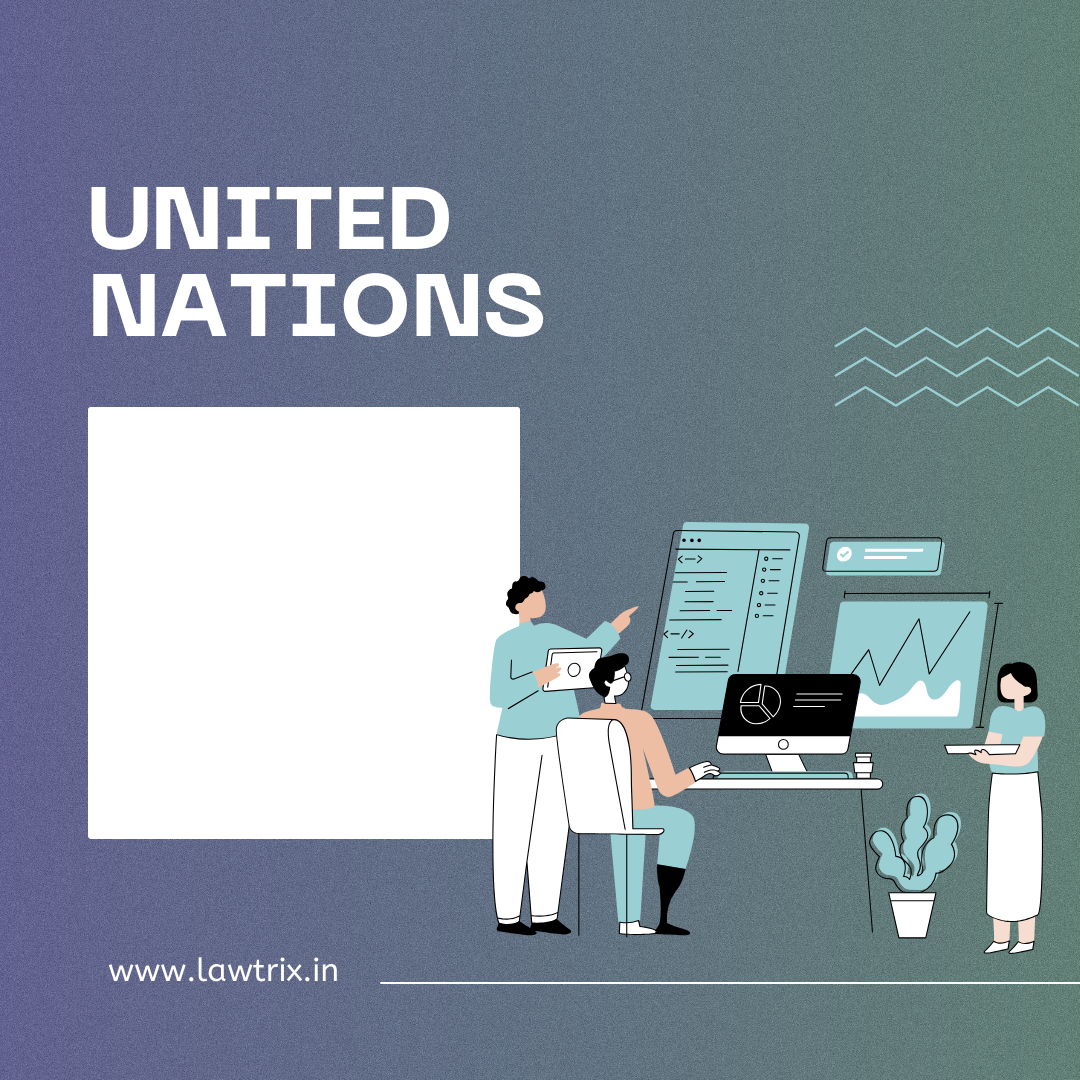


The
United Nations (UN) is an international organization founded on October 24,
1945, after the conclusion of World War II. It was established to promote
peace, security, cooperation among nations, and to address global challenges
collaboratively. The United Nations (UN) is an international organization whose
stated purposes are to maintain international peace and security, develop
friendly relations among nations, achieve international cooperation, and serve
as a centre for harmonizing the actions of nations. It is the world's largest
international organization. The UN is headquartered in New York City and the UN
has other offices in Geneva, Nairobi, Vienna, and The Hague, where the
International Court of Justice is headquartered at the Peace Palace.
The
UN was established after World War II with the aim of preventing future world
wars, and succeeded the League of Nations, which was characterized as
ineffective. On 25 April 1945, 50 nations met in San Francisco, California for
a conference and started drafting the UN Charter, which was adopted on 25 June
1945. The charter took effect on 24 October 1945, when the UN began operations.
The UN's objectives, as defined by its charter, include maintaining
international peace and security, protecting human rights, delivering
humanitarian aid, promoting sustainable development, and upholding
international law. At its founding, the UN had 51 member states; as of 2023, it
has 193 – almost all of the world's sovereign states.
Key features of the
United Nations include:
Member States: The UN
currently has 193 member states, each represented in the General Assembly. The
organization is open to all sovereign states that accept the purposes and
principles outlined in the UN Charter.
Principal Organs: The
UN has six principal organs:
General Assembly: All
member states are represented, and it serves as a forum for member states to
discuss and coordinate on international issues.
Security Council:
Responsible for maintaining international peace and security, it has 15
members, including five permanent members (China, France, Russia, the United
Kingdom, and the United States).
International Court of
Justice: The principal judicial organ of the UN, based in The Hague,
Netherlands.
Secretariat: Headed by
the Secretary-General, it carries out the day-to-day work of the UN and manages
its programs and activities.
Economic and Social
Council (ECOSOC): Coordinates the economic, social, and related work of 15 UN
specialized agencies, their functional commissions, and five regional
commissions.
Trusteeship Council:
Originally created to oversee the administration of trust territories, it has
suspended its operations since the last trust territory became independent in
1994.
Specialized Agencies:
The UN includes various specialized agencies, programs, and funds such as the
World Health Organization (WHO), United Nations Educational, Scientific and
Cultural Organization (UNESCO), United Nations Children's Fund (UNICEF), and
many others, each addressing specific global issues.
Peacekeeping
Operations: The UN engages in peacekeeping operations to help countries
affected by conflict maintain peace and security.
Human Rights: The UN
plays a significant role in promoting and protecting human rights globally. The
Universal Declaration of Human Rights, adopted in 1948, is a foundational
document in this regard.
The United Nations aims
to facilitate international cooperation, prevent conflicts, and address issues
such as poverty, climate change, human rights violations, and health crises on
a global scale.